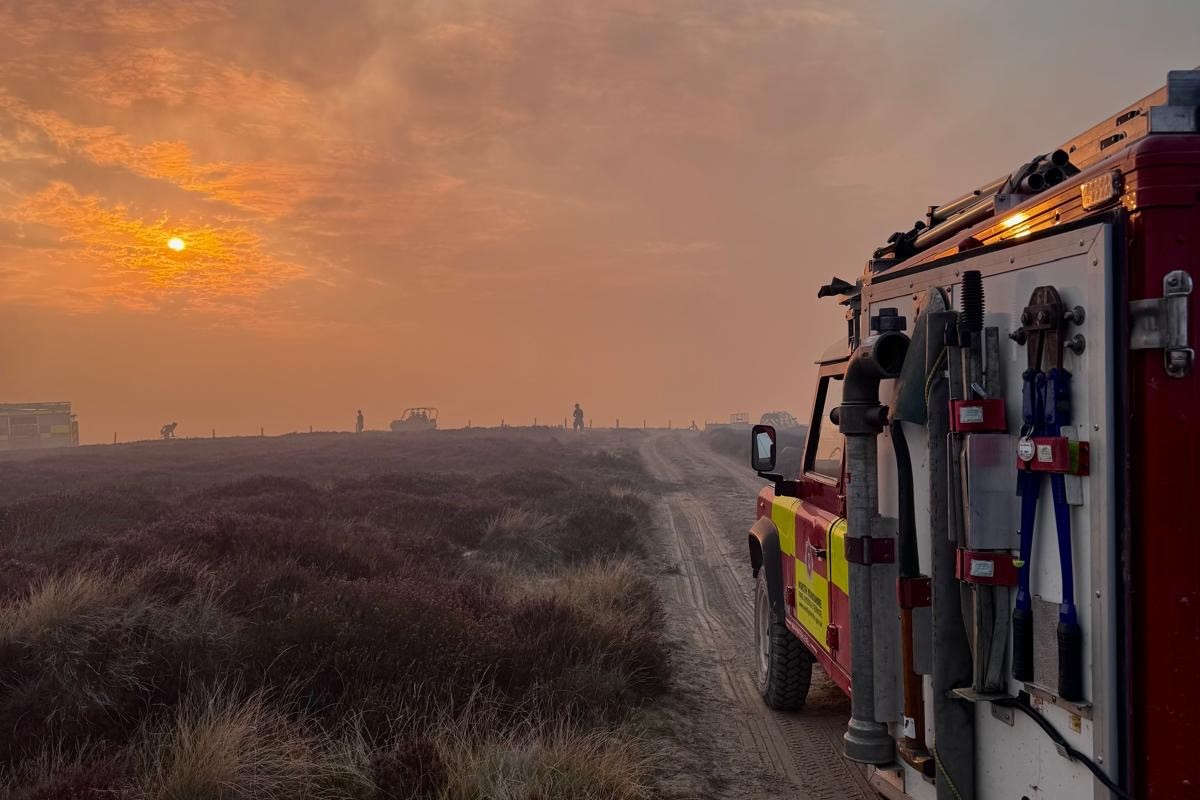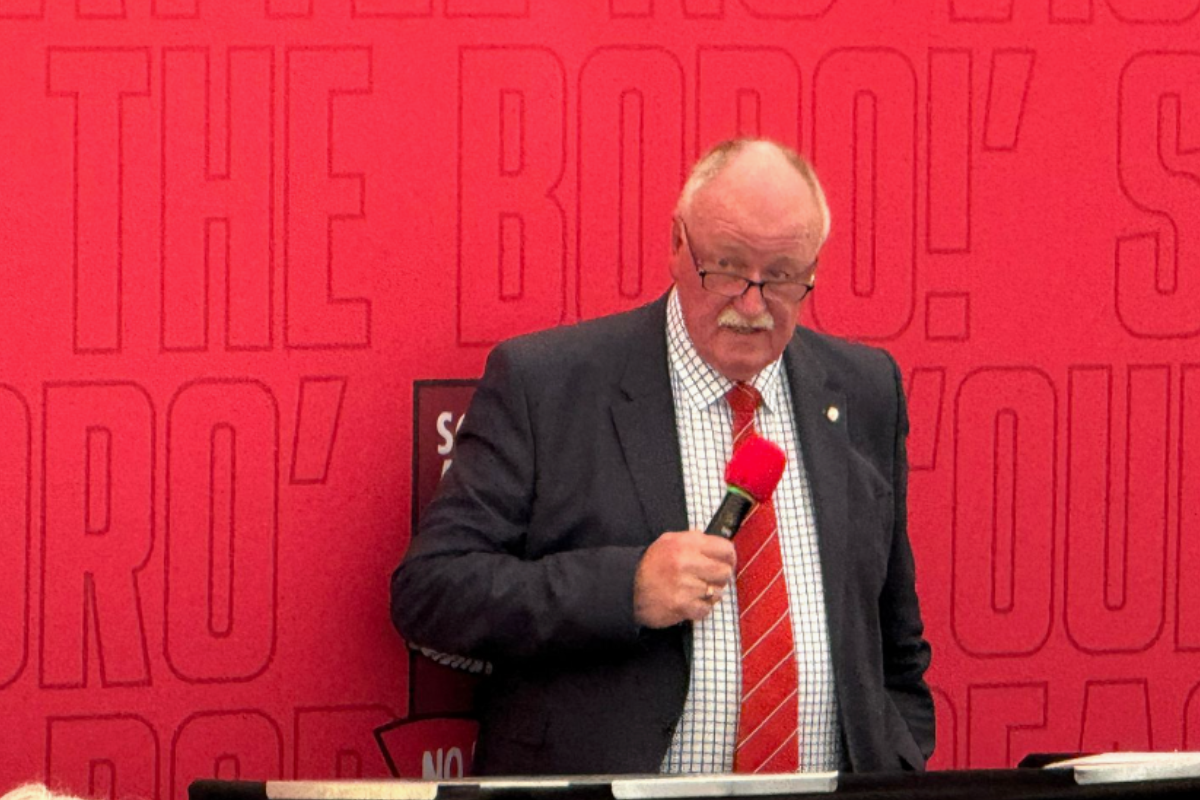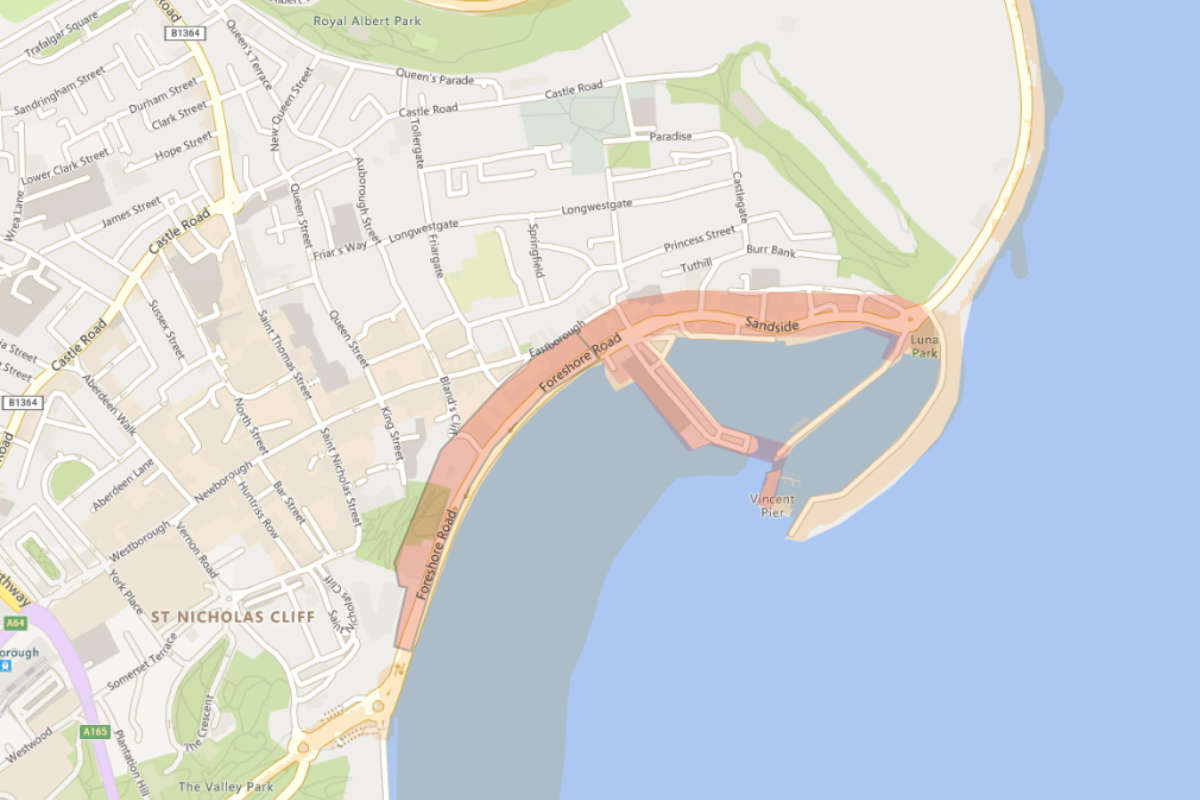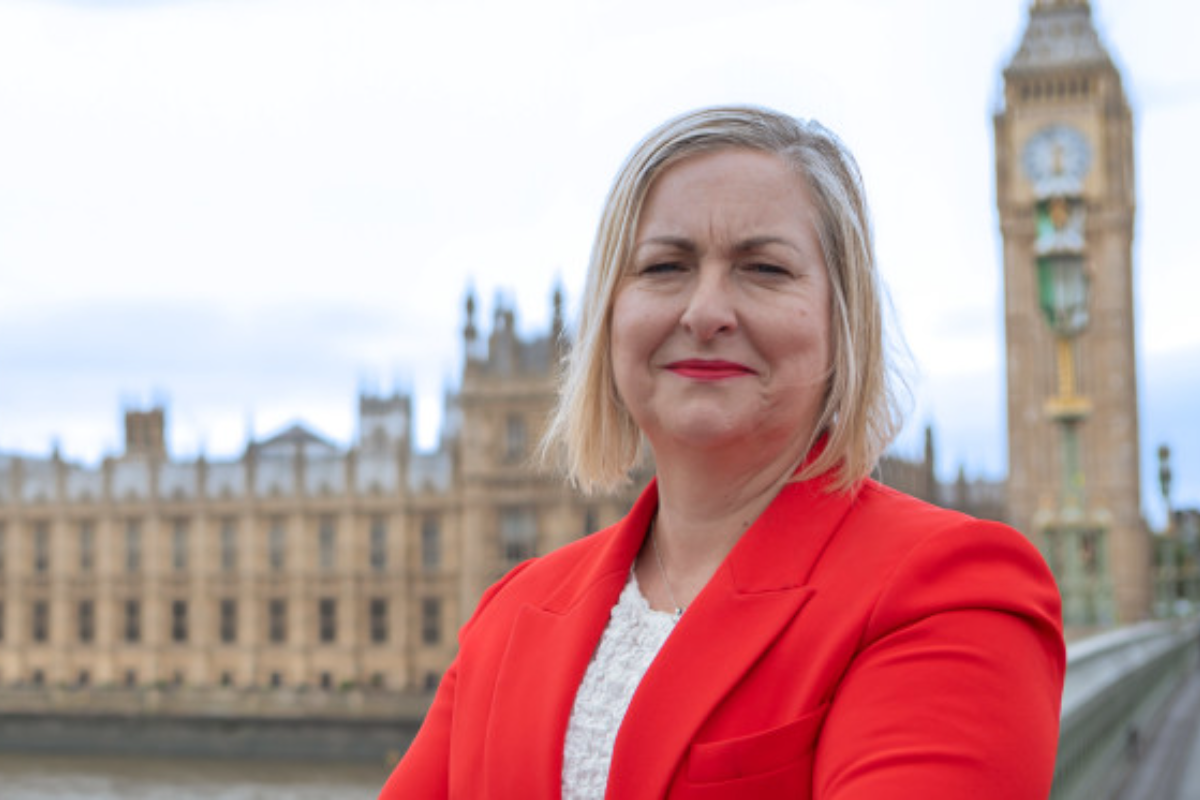
The major Langdale Moor wildfire in August placed significant strain on North Yorkshire’s fire service resources, resulting in impacts on response times to unrelated domestic incidents across the region
The wildfire, which began on 11 August, escalated quickly and was classified as a major incident for over six weeks, remaining active all the way through to late September. The severity of the blaze necessitated a call for national support, with fire appliances and crews being deployed from areas as distant as London to assist local firefighters in late August.
Damian Henderson, Director of Service Improvement and Assurance at NYFRS, acknowledged that the major incident significantly affected the service’s ability to meet its targeted response times during the peak period.
Speaking on the impact, Mr Henderson highlighted the data surrounding dwelling fires which the fire service expects to respond to in under 11 minutes :
“In July, we were slightly under the 11 minutes dwelling fire response standard.
In September, we were slightly over it, but there was a significant impact in August.
We do have a relatively low number of dwelling fires in North Yorkshire and the city of York. It was fewer than 50 over that three month period.
During that period, we have had no fire fatalities or serious injuries relating to dwelling fires.
But obviously we look across all of those incidents to see if there is anything that we can learn and improve in the future”.
The main cause of the slower responses was the necessary redeployment of local crews to the moorland incident. Mr Henderson explained that the areas typically expecting a rapid response saw delays because their usual engine was occupied:
“There was a number of incidents when the Langdale incident was at its high that were in areas where we would have expected a much quicker response, but the local fire fire engine was actually supporting the work at Langdale.
There were some incidents that weren't impacted by the major incident. They were in areas of extreme rurality where it would have still taken was that long. Even if it wasn't the incident ongoing”.
For the quarter covering 1 July to 30 September, the period in which the fire began, NYFRS recorded an average dwelling fire response time of 11 minutes 34 seconds, exceeding the 11-minute standard.
Despite the pressures, NYFRS managed to remain within the overall incident response standard of 13 minutes, achieving 12 minutes 51 seconds across all incident types.
Mr Henderson provided more recent figures, demonstrating that the service is recovering swiftly following the conclusion of the major incident classification:
“We are within the incident response standard for all incidents at 12 minutes 51, but over the quarter we have gone over our dwelling fire response standard of 11 minutes where on average we've been attending incidents at 11 minutes 34.
For October and November, to date, overall incident response is showing at 11 minutes 50 and dwelling fires at 10 minutes 23.
We certainly think over the full financial year we will have achieved the 11 minutes”.
NYFRS operates across one of the UK’s largest geographical areas, spanning 3200 square miles, which inherently means incidents in more rural areas significantly impact average response times due to the time required to reach them.




 Burniston Gas Well Plan Recommended for Approval Despite 1500 Objections
Burniston Gas Well Plan Recommended for Approval Despite 1500 Objections
 East Riding Councillors Condemn ‘Punitive’ Government Funding Review as Council Faces £100 Million Shortfall
East Riding Councillors Condemn ‘Punitive’ Government Funding Review as Council Faces £100 Million Shortfall
 Scarborough Athletic Chair Eyeing Playoffs
Scarborough Athletic Chair Eyeing Playoffs
 East Riding Council Facing "Tough Decisions" as New Operating Model Signals Looming Redundancies
East Riding Council Facing "Tough Decisions" as New Operating Model Signals Looming Redundancies
 Flood Warnings Issued For Scarborough's Sandside & Foreshore Road
Flood Warnings Issued For Scarborough's Sandside & Foreshore Road
 Location for Scarborough's 400th Anniversary Sculpture Confirmed
Location for Scarborough's 400th Anniversary Sculpture Confirmed
 New Chief Exec for Yorkshire Air Ambulance
New Chief Exec for Yorkshire Air Ambulance
 Scarborough and Whitby MP Presses for Burniston Fracking Decision to be Delayed
Scarborough and Whitby MP Presses for Burniston Fracking Decision to be Delayed
 Pickering and Filey MP Criticises Government for ‘Unfair’ Rural Funding Settlement
Pickering and Filey MP Criticises Government for ‘Unfair’ Rural Funding Settlement
 East Riding to Introduce Weekly Food Waste Collections Amid Long-Term Funding Fears
East Riding to Introduce Weekly Food Waste Collections Amid Long-Term Funding Fears
 Eastfield Boxing Club Film to Get Scarborough Premiere
Eastfield Boxing Club Film to Get Scarborough Premiere
 Scarborough Athletic Stunned By Minnows in Senior Cup
Scarborough Athletic Stunned By Minnows in Senior Cup








Comments
Add a comment